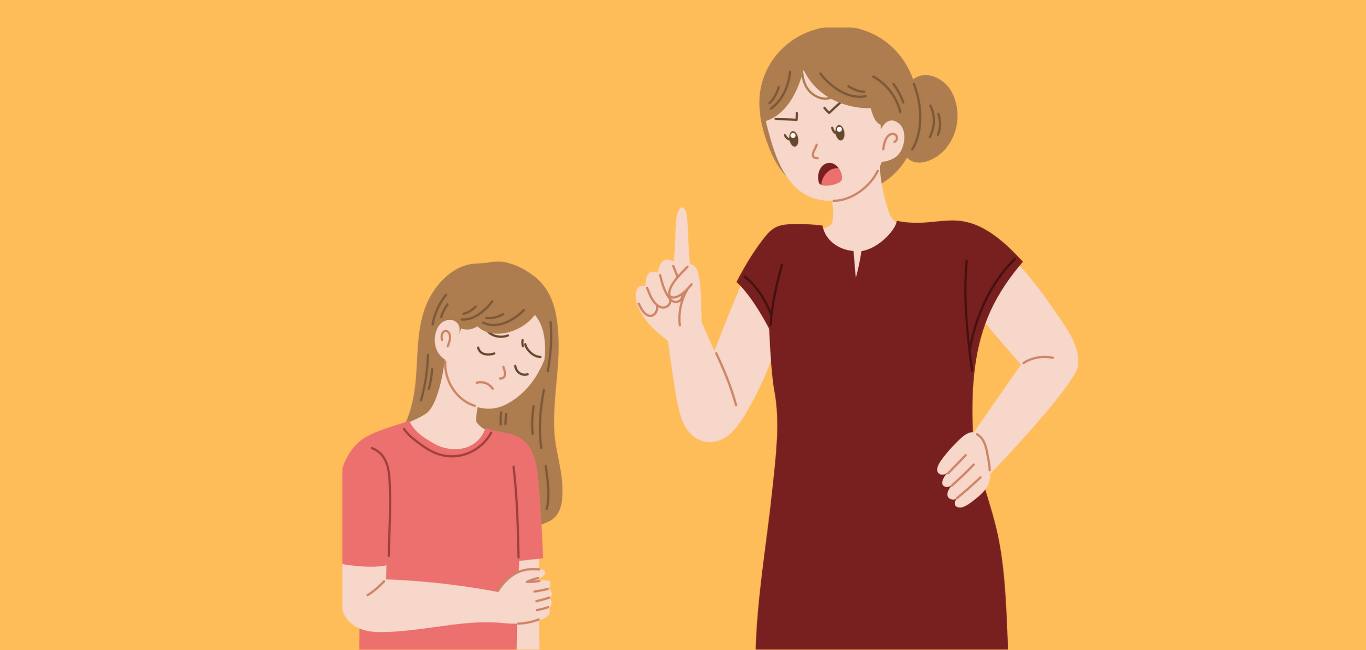
We often hear or read about highly emotional or passionate relationships, where the volatility gets mistaken for love. But relationships, at its core, should nurture and not diminish.
If fear, control and harm replace care and respect, it poisons the foundation on which a healthy relationship is built. It might be a danger sign.
The sneaky patterns of abusive relationships can be hard to spot, especially if they have become routine practices over time. Ignoring the red flags can trap an individual in a cycle of abuse, which could be physical, emotional or financial in nature.
Happiest Health speaks with experts on what such abuse is, how to identify it and indicators to watch out for.
Identifying abuse
Any situation where you feel threatened or unsafe is potentially an abusive relationship, according to psychologist Apurva Bardia of Hyderabad. “The first way to identify an abusive relationship is by asking yourself ‘Is my safety being threatened?’ ‘Do I feel I cannot trust my partner to care for my best interests or protect me physically and emotionally’?”
Another way to look at it, says Bardia, is to ask oneself, ‘When I’m with someone who is supposed to love me and take care of me, do I experience fear?’
Threats to physical and emotional safety are clear indicators of an unhealthy, abusive dynamic. Physical abuse can involve violence, aggression, pushing, shoving, slapping, punching, choking, hitting, kicking – anything that causes bodily harm or threatens to do so. Sexual coercion and a lack of control over intimacy also constitute physical abuse.
Emotional safety erodes
However, emotional abuse can be more insidious. It manifests as denying your experiences, using intimidation and fear as tools, constant worry about your partner’s reactions and a lack of agency in the relationship. Insults, embarrassing comments and offensive jokes that attack your self-worth are all forms of erosion of emotional safety. “You might not be able to voice your needs, stand your ground or disagree without repercussions,” says Bardia.
Another face of an abusive relationship can be financial control. Bardia explains, “Financial abuse [can be in the form of] not having access to money, not being able to make payments or purchases for yourself, or not having any access to bank accounts and funds.”
It also is a kind of emotional abuse in many ways because “It is [about] wanting to control your movements, your actions, your agency.”
Bardia says the fact that you are questioning if the relationship is abusive is a red flag in itself. “If you feel the need to ask if this is okay, it likely isn’t. At any point you have doubts, that’s reason enough to examine what’s happening closely,” she says.
Telltale signs to look out for
- Fearing your partner’s reactions when sharing difficult news/situations
- Frequent physical harm or threats of violence
- Walking on eggshells to avoid angering your partner
- Lack of access to finances or requiring permission for personal expenses
- Strict controls over your choices, movements and independence
- Feeling that you cannot take decisions without your partner’s approval
- A gut sense that something is “not right” or you are being mistreated
Relationships are meant to be built on trust. When situations get warped into a cycle of fear, control and harm — whether physical, emotional, financial or otherwise – it corrupts the very essence of an equal and nurturing partnership.
Getting out of an abusive situation is difficult but possible.
The first and most crucial step is seeing the situation for what it is, instead of dismissing the “gut feeling” that something is wrong. With awareness and support from others, it is possible to break free and reclaim the safety, autonomy and self-worth that every person deserves in a loving partnership.
“Trust your intuition,” advises Bardia. “You may tend to override it and make excuses, but if a behaviour feels wrong or unsafe to you, that’s a major red flag.”
How to stop it
If you recognise the signs of an abusive relationship in your own life, it is crucial to take action to protect your safety and well-being. Shreya Gupta, Gurugram-based counselling psychologist, suggests, “The first step is acknowledging to yourself that this is happening, and it is not okay,” says Gupta. “Don’t minimise or make excuses for the abuse,” she adds.
Gupta advises reaching out to a trusted friend, family member or professional for support. “Having someone safe to talk to, who can validate your experiences and feelings, is extremely important when dealing with abuse.” Building that support system is key to finding the courage and practical assistance required to leave an abusive situation.
She also recommends exploring hotlines, shelters and counselling services that specialise in dealing with domestic abuse. “They can guide [survivors] to make a safety plan, protect [themselves] legally and financially, and in starting to rebuild [their] life free from abuse.”
Gupta says, “You deserve to feel safe, respected and autonomous in your relationships. Don’t let fears, doubts or the abusive partner’s manipulation convince you otherwise. With the right help, you can escape that unhealthy dynamic and rediscover your worth.”
“The psychological impacts of abuse can be deep and long-lasting,” Gupta cautions. “So, be kind and patient with yourself through this process. Seeking therapy can help you work through trauma and regain confidence.”

















